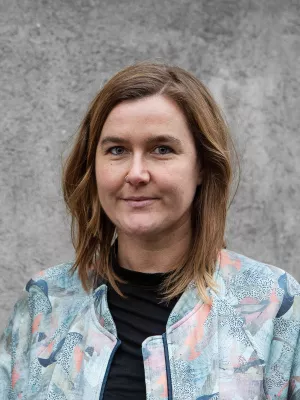
Maja Sager
Docent | Senior lecturer

Narratives on Welfare from Its Margins. A Feminist Ethnographic Study of Everyday ‘Clandestinity’ in the Swedish Welfare State.
Author
Summary, in English
My research project is based on an ethnographic study with ‘clandestine’ asylum seekers (rejected asylum seekers who stay in the country and ‘hide’ from police and authorities to avoid deportation) and asylum rights activists. I think the ethnographic fieldwork is a pertinent way to approach the situated and partial knowledge generated by people positioned as ‘clandestine’ and by people who engage as activists in the asylum rights movement.
Through a multi-levelled analysis of the ways ‘clandestinity’ is constructed in relation to citizenship and the welfare state, I will discuss gendered and racialised notions of boundaries and belonging. I argue that an intersectional approach that includes the intersections of nationality and belonging along with gender, ‘race’/ethnicity and sexuality is crucial for a thorough feminist understanding of the ways the Swedish welfare state frames the conditions for ‘clandestine’ asylum seeking women and men.
Theoretically my study is located within the field of critical welfare studies. Antiracist and feminist scholars have made important contributions to the understanding of the way social policy and welfare institutions construct categories and processes of racialisation and gendering. Migration policies also intersect with welfare policies in these processes – and this interplay between policy areas is one of the focal points of my study.
In this paper I will discuss some methodological issues related to the limitations and possibilities provided by my ethnographical material when it comes to analyses on the policy and institutional levels. In which ways are migration and welfare policies present in the informants’ representations of everyday experiences of ‘clandestinity’ in Sweden?
Department/s
- Department of Gender Studies
Publishing year
2009
Language
English
Document type
Conference paper
Topic
- Gender Studies
Conference name
Feminist Research Methods – An International Conference
Conference date
2009-02-04 - 2009-02-06
Conference place
Centre for Gender Studies, Stockholm University, Sweden
Status
Unpublished

